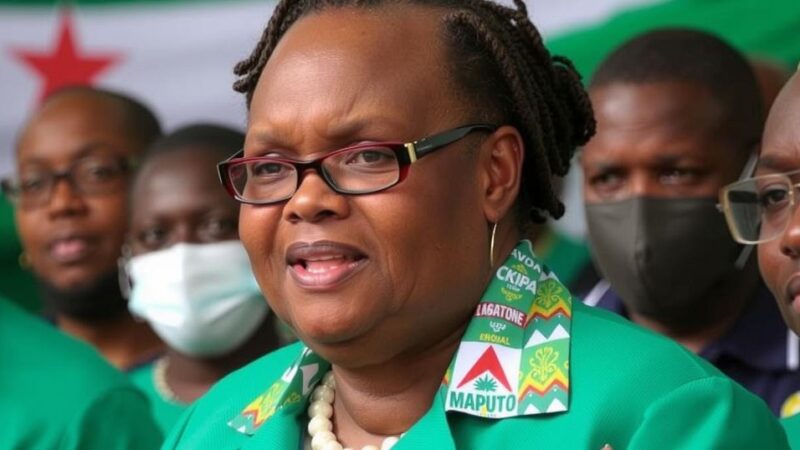Leaders in the Democratic Republic of Congo and Nicaragua are proposing constitutional changes that could enhance their powers and threaten democratic governance. President Tshisekedi in Congo seeks to revise the constitution, raising concerns about presidential term limits. Meanwhile, President Ortega in Nicaragua aims to solidify executive control, prompting fears of further authoritarianism. Both cases reflect a troubling trend in the global South regarding the erosion of democratic structures.
Political leaders in the Democratic Republic of Congo and Nicaragua are pursuing constitutional changes that have raised alarms regarding the potential erosion of democratic principles in both nations. In Congo, President Félix Tshisekedi has initiated a national commission to revise the 2006 constitution, citing its obsolescence. However, critics argue this could lead to the removal of presidential term limits, thus enabling Tshisekedi to extend his tenure. Opposition figures are mounting resistance as they express concerns over the implications of such changes on democratic governance.
In Nicaragua, President Daniel Ortega is seeking to enhance executive powers through proposed amendments to the constitution, which would include extending presidential terms and establishing the vice presidency as a “co-presidency” held by his wife. These amendments are perceived by critics as a deepening of Ortega’s authoritarian grip and a tactic to suppress dissent in a country that has faced significant political turmoil since 2018.
Despite variations in context, the initiatives in Congo and Nicaragua illustrate a troubling trend of governmental overreach into constitutional frameworks, raising critical questions about the preservation of democracy in these regions. As both nations approach pivotal moments in their political landscapes, the opposition’s responses may dictate future trajectories. With the international community’s reactions remaining largely subdued, the situations merit closer scrutiny as they unfold.
The constitutional changes currently being proposed in the Democratic Republic of Congo and Nicaragua reflect a broader trend of increasing authoritarianism in several nations globally. These developments are concerning, particularly as they hint at a desire by incumbent leaders to consolidate power and diminish democratic checks and balances. Given the historical context of both nations, characterized by instability and political conflict, the proposed revisions have significant implications for the future of governance and civil liberties.
In conclusion, the proposed constitutional amendments in both the Democratic Republic of Congo and Nicaragua highlight a pressing danger to democratic institutions in these nations. By maneuvering to extend presidential powers and undermine checks on authority, leaders Félix Tshisekedi and Daniel Ortega risk dismantling the fragile democratic frameworks that currently exist. The global community must remain vigilant as these situations evolve and consider their implications on democracy as a whole.
Original Source: www.firstpost.com






